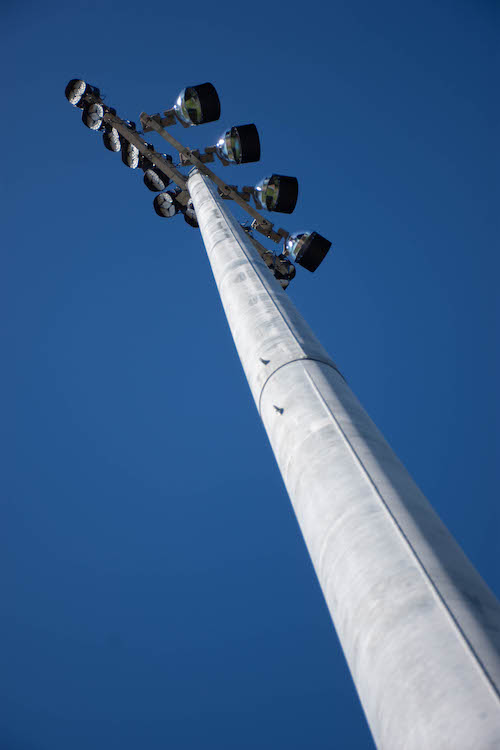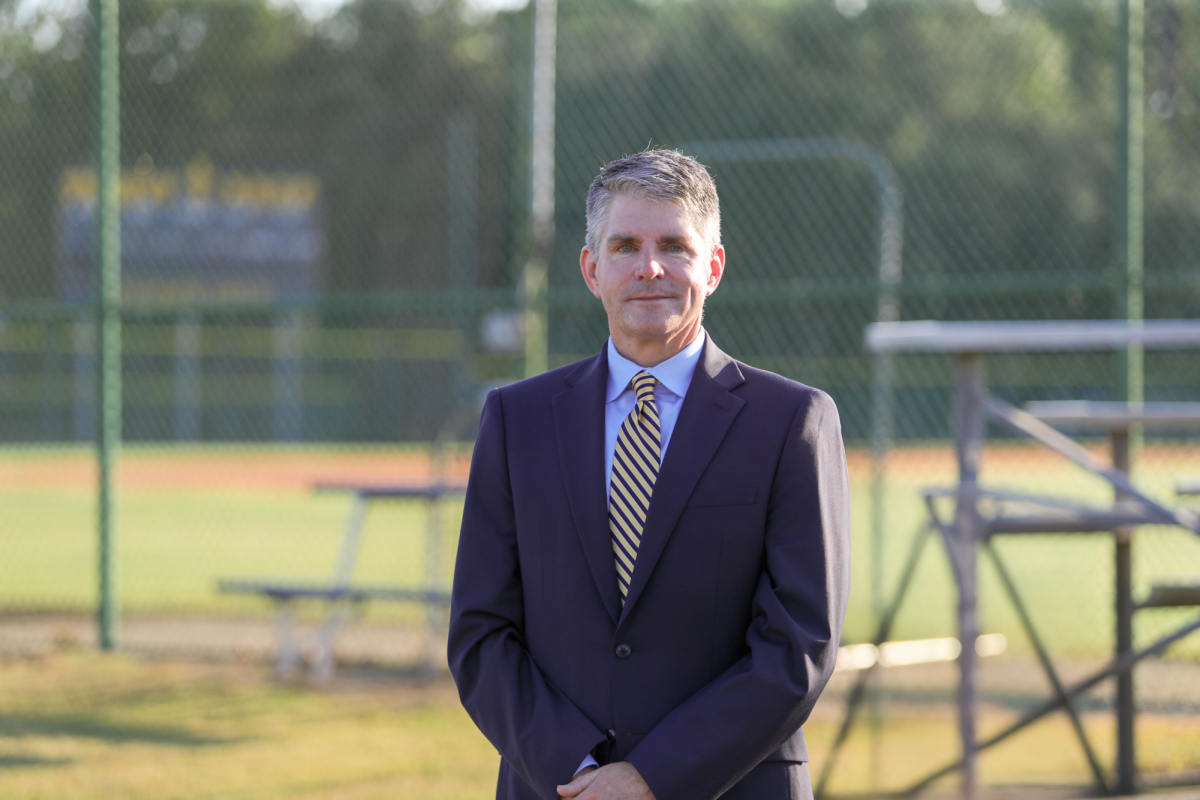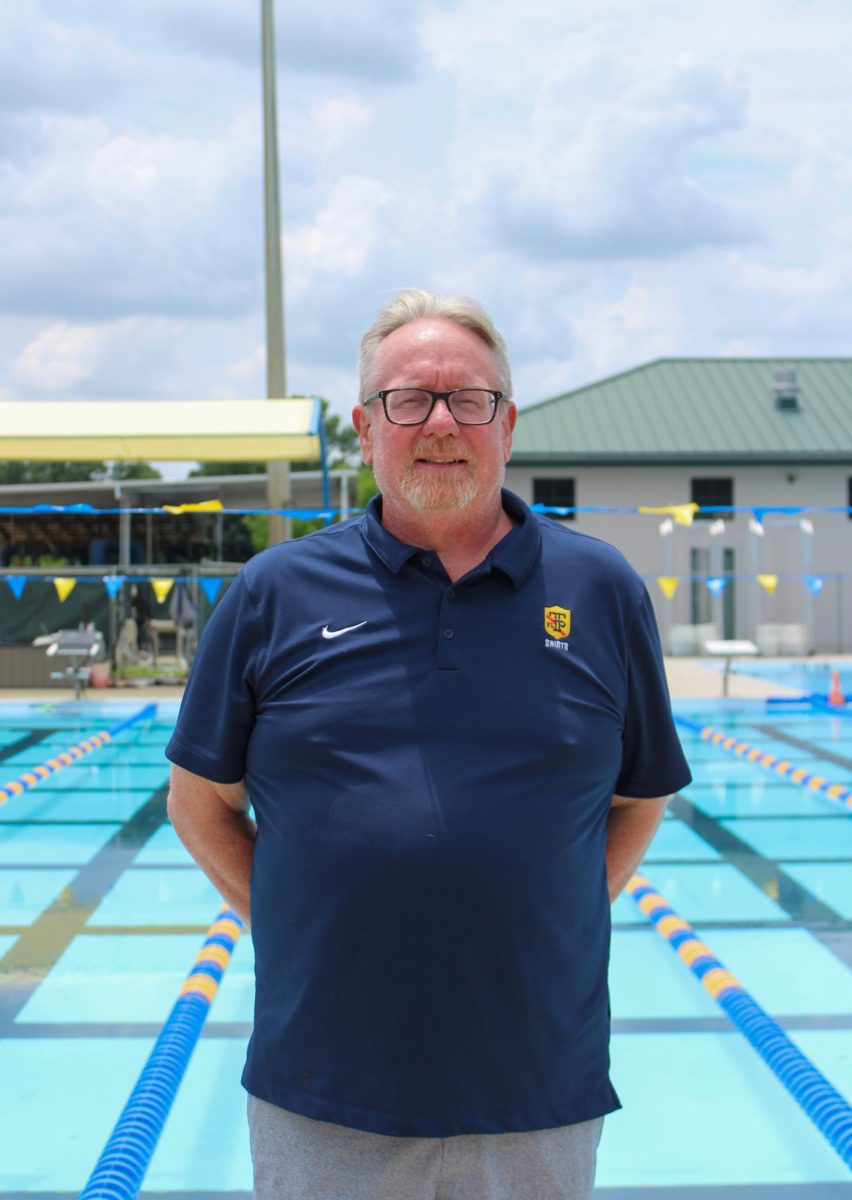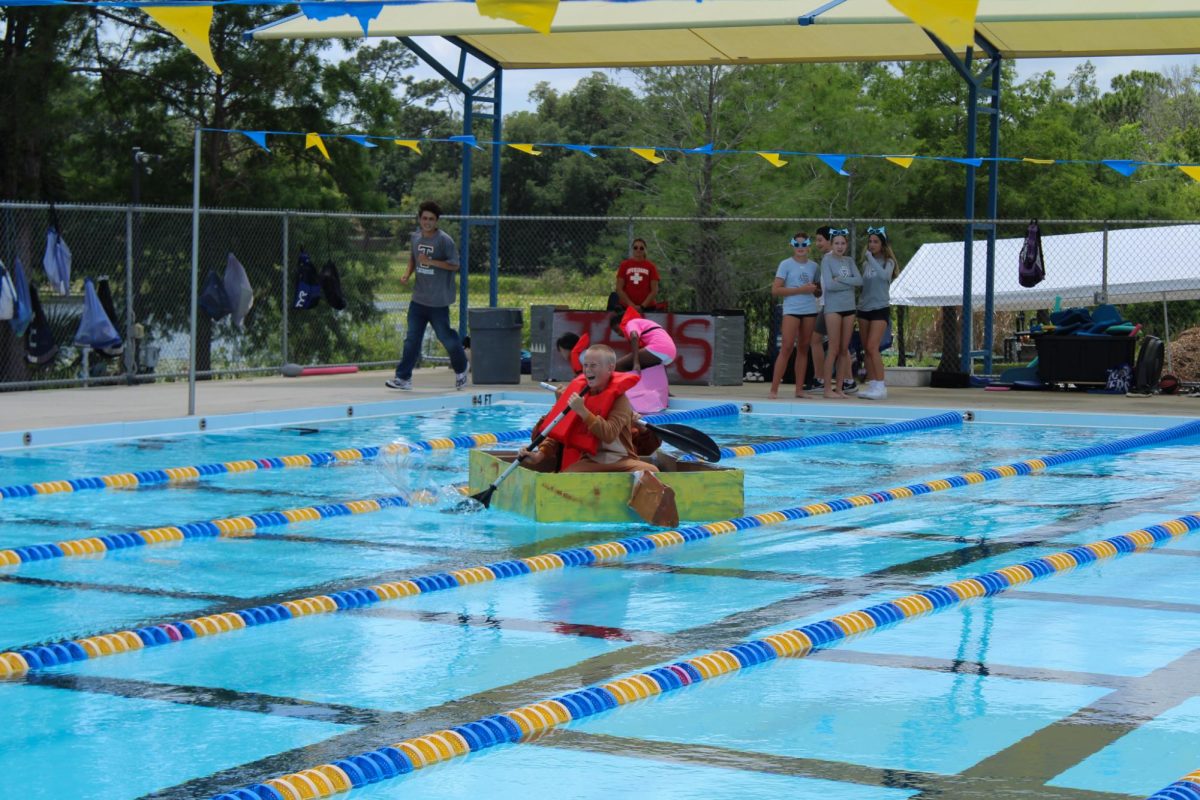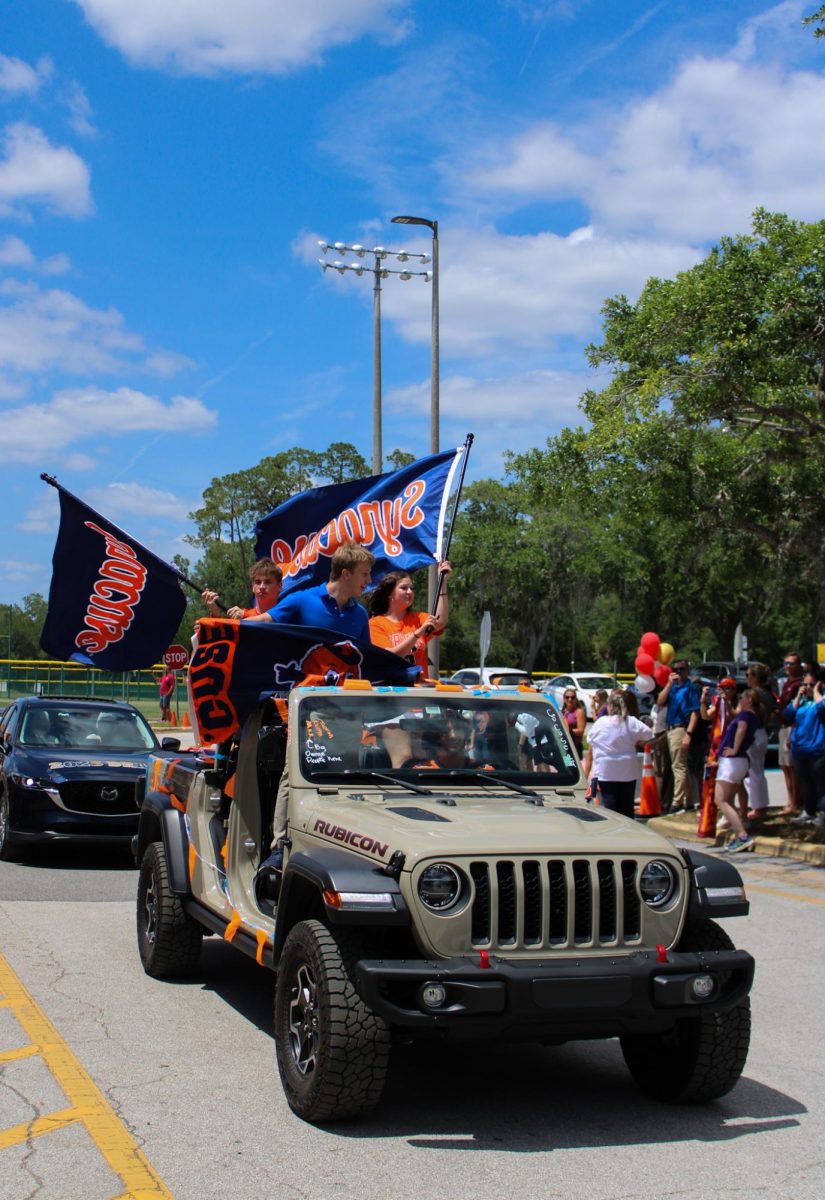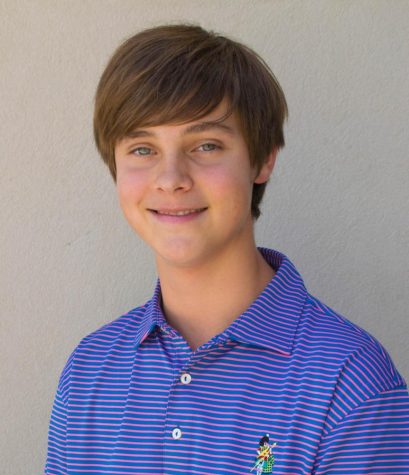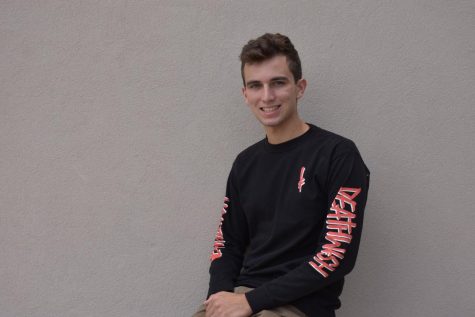In order to install the new lights on Hubbard Field, Trinity had to move more than just concrete and bulbs.
It had to move a nest of ospreys.
The ospreys established nests and had been there for a few years. However, when the new lights were installed, theses nests were destroyed. Specific statutes in Florida and other states set the rules for the displacement of osprey nests, and as a result there was an extensive waiting period for the construction of the new lights to begin. The school was forced to wait a month to have the nest status considered as inactive before the installation.
“Inactive nests may be removed if authorization is given,” AP Environmental Science teacher Emily Massey-Burmeister said. “If the nests are constructed on a man-made structure, in this case they were, then a permit is not required. Instead, the school should have received approval from a Florida Fish and Wildlife Conservation Commission (FWC) Species Conservation Planning Biologist, or they may have submitted and received approval through a Wildlife or Habitat Management Plan. Plans must be submitted at least two weeks prior to any alteration of the light structure.”
According to Massey-Burmeister, the majority of controversy from this decision relates to a certain definition in the statute for removed nests. To be removed, osprey nests must be considered as inactive, which is a classification that can be hard to determine at times.
“It is true that nests can be moved in most states if the nest is deemed to be inactive,” Massey-Burmeister said. “This means that the nest is absent of eggs or young. Ospreys are protected under the Migratory Bird Treaty Act, which Florida adheres to. Monroe County for example has a more restrictive policy for this species due to dwindling numbers of osprey within this county.”
Although she isn’t sure, Massey-Burmeister is hopeful that the school went through this process to begin the construction of the new lights on the field.
“I would assume Trinity was authorized to take this nest down,” Massey-Burmeister said. “If the school did not move an active nest and they had the proper papers filed, then I’m okay with the removal.”
In addition to this, it is likely that the birds themselves were not harmed and that they would not have much trouble trying to re-establish a home somewhere on campus or nearby. Since the birds had grown accustomed to living among students, if they were to build another nest on campus they would likely be ok. Luckily, the new lights on Hubbard Field have been installed with platforms on the top for nests in the future.
“Birds that live in close proximity to people tend to build up a tolerance to living around them,” Massey-Burmeister said. “The nest on campus was close enough to human activity that the nesting pair would more than likely not suffer any adverse effects, given they can find a new location to make a nest.”
Though the birds were not harmed during this operation, there are certainly some precautions and plans that can be taken to prevent something like this from happening in the future.
“A solution to this issue would be to set-up artificial nesting sites for the nesting pairs in the area,” Massey-Burmeister said. “This would provide the birds with a safe place to watch over their young and would prevent the school from having to move any future nests.”




